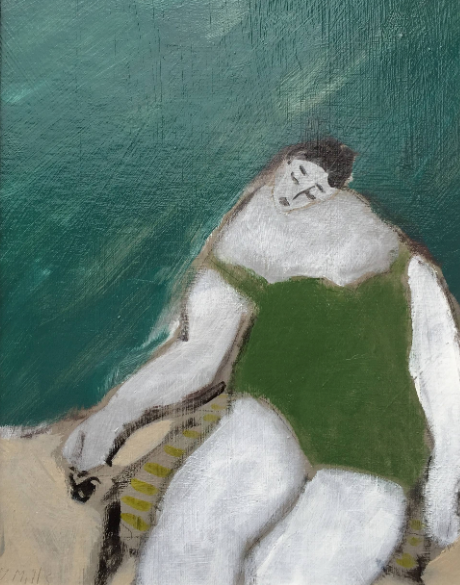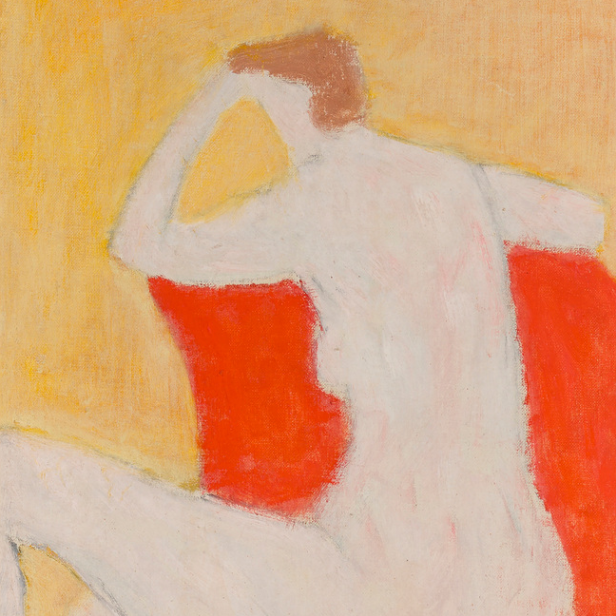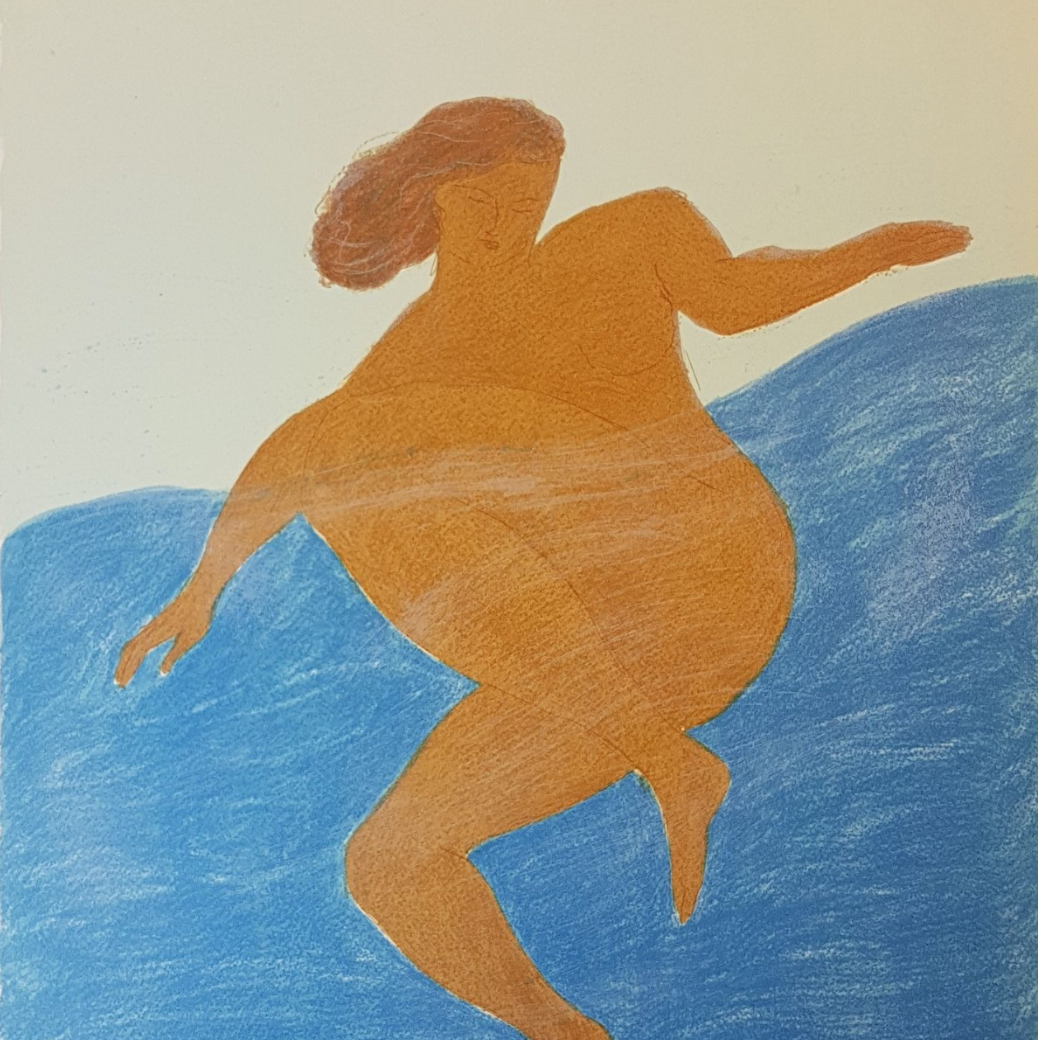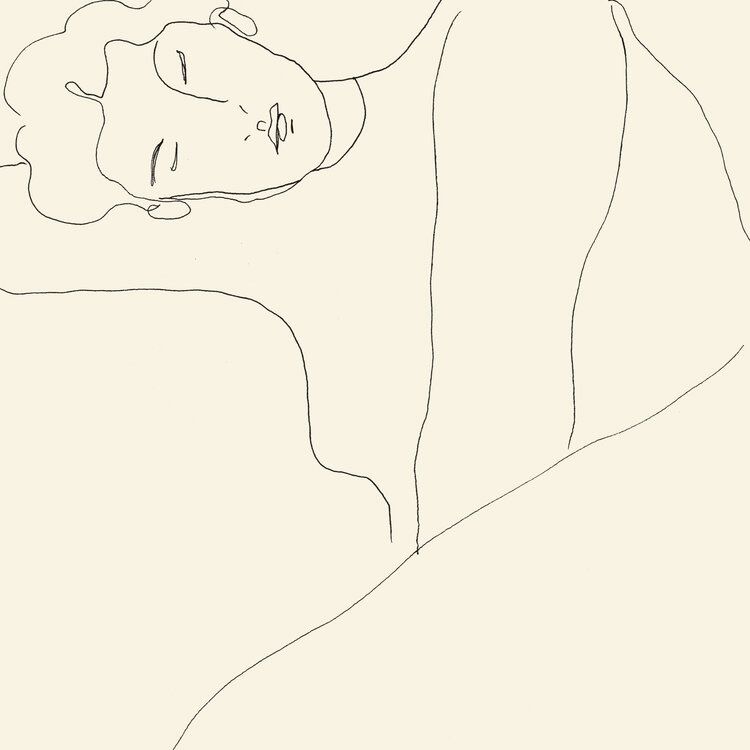How Wild Bathing Supports Your Psychological Well Being
How Wild Bathing Supports Your Psychological Well Being

The practise of Wild Swimming has risen in popularity over the last decade for it's physical and social benefits, but how does the act support our psychological well being?
Wild swimming involves immersing oneself in natural bodies of water, such as lakes, rivers, and the ocean. There is growing research suggesting that this practice offers numerous holistic health benefits. Studies have shown that swimming in cool temperatures can enhance psychological well-being by improving stress response, building resilience, encouraging mindfulness and increasing our dopamine levels.
"A particular favourite moment of my bathing ritual is after the first stroke in the water, when my body is fully immersed. The initial shock from the cold is often followed by a surge of adrenaline. It’s exhilarating and addictive, sometimes almost euphoric. Negative or intrusive thoughts seem to dissolve, achy joints feel numb and weightless."
- Kimberly Grant, Bathing & Connection Vol 03.
A relatively new field of scientific inquiry, known as 'Blue Mind Theory,' explores the positive psychological and neurological responses to being near water. Defined by Wallace J. Nicholls in his 2016 book "Blue Mind," it describes "the mildly meditative state we fall into when near, in, on, or under water," contrasting with the frenetic "red mind" of modern life. Nicholls' research suggests that spending time near water is important for achieving and maintaining elevated happiness levels. Wild swimming provides an opportunity to tap into this "blue mind", offering respite from the pressures of daily life.
"Post bathe I feel invigorated and recharged, determined to tackle whatever the rest of the day will bring."
- —Vicki Ratcliff, Bathing & Connection Vol 01.
Wild swimming provides an opportunity to reconnect with nature and prioritise self-care. It is a practise that enhances our well-being, offering a reprieve from the pressures of the modern world. Additionally, it can foster social bonds with fellow community members who share this practise, boosting one's sense of belonging.
"The characters I have met at Mona Vale have become like family. We are all very different individuals connected by the sea."
- Vicki Ratcliff, Bathing & Connection Vol 01.
Wild swimming is a gentle and popular form of exercise for all ages promoting several physical health benefits such as increased immunity, metabolism, better sleep and reduced inflammation. Learn how to swim in the wild safely by referring to the RNLI guide.
LOCATION
Natural body of water
TEMPERATURE
16°C - 18°C / 61 - 64°F
SOUND
The gentle splash of water hitting the shoreline
MOOD
Meditative
CREDITS
Green Bathing Suit Painting by Gigi Mills
REFERENCES
https://www.wildswimmingcornwall.co.uk/about
https://vacayou.com/magazine/what-is-wild-swimming/
https://pubmed.ncbi.nlm.nih.gov/37639394/
WILD BATHING COMPANIONS








